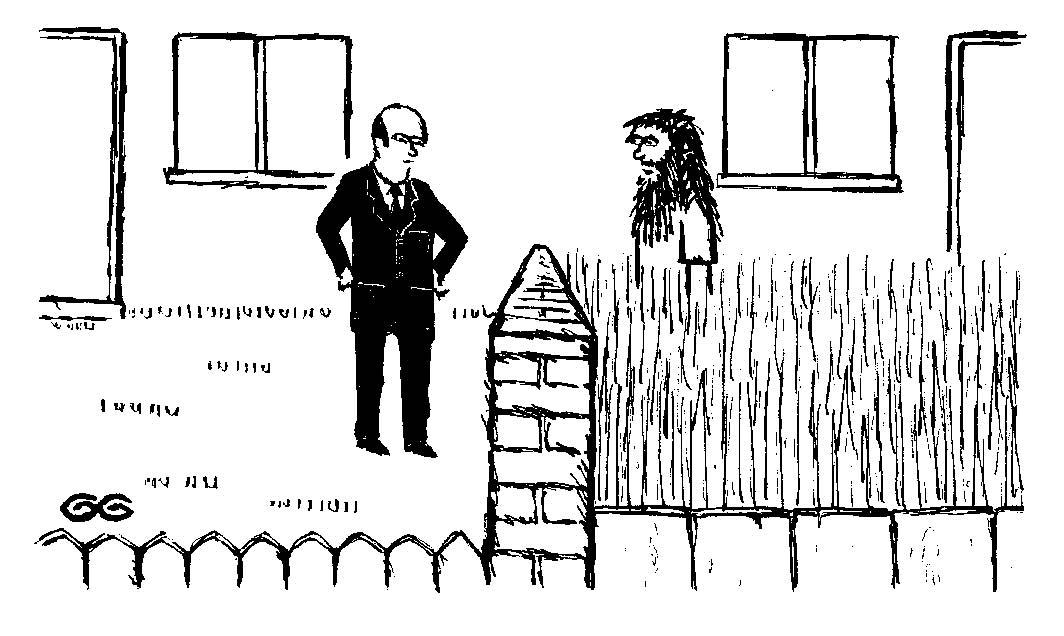Two dramas, two very different plots and personnel. One was political, the other intensely personal. Both were new, commissioned for radio, and defiantly worth paying the licence fee for. This was theatre at its riveting and thought-provoking best, and for which we as listeners didn’t have to leave the house or pay the price of a West End ticket. (The writers, meanwhile, will most probably not have a secure, cash-rich pension to look forward to, unlike the striking staff of the Corporation whose brief exodus produced a startling change to the morning routine just when it’s most needed at the beginning of dreary November.)
I almost gave Matthew Solon’s Five Days in May (Saturday afternoon, Radio 4) a miss, having heard endless trails for the play which gave us gossipy politicians plotting the downfall of Gordon Brown and the Cameron–Clegg coalition rising like a phoenix from the ashes of the election-without-a-winner. It all sounded strangely like yesterday’s news; as if in just six months we’ve become so conditioned to coalition politics that we’re already jaundiced about its possibilities. Has anything really changed?
A few minutes into the drama and I was still not convinced. Did I really need to know what once happened in the backrooms of Whitehall between Friday 7 May and Tuesday 11 May 2010? We’re never going to know the real story anyway. It was also a bit odd hearing actors trying to be characters who are still very much with us. ‘What’s the Lib Dem policy on sleep?’ asks one of Clegg’s aides. ‘Clear and decisive,’ retorts Clegg. ‘Total abolition.’ Did this conversation really happen, I couldn’t help thinking in the back of my brain as the front was processing the scene being played out on air.
After only a few minutes, though, I found myself unable to switch off, drawn in by the swift, sharp thrust of the production (by John Dryden) and the calibre of the actors taking part — Gerard Kelly (who, sadly, died last week before the play was broadcast) as Gordon Brown, Samuel West as David Cameron and Nicholas Boulton as Nick Clegg. We also heard a brilliant cameo from John Sessions as that blustering bulldog Ed Balls, having to borrow money to pay for the coffees that kept them all buzzing through those 100 or so anxious hours. Philip Jackson was uncannily like William Hague, while Henry Goodman played Peter Mandelson with oleaginous zeal.
Solon didn’t dwell on the details of the negotiations as Nick Clegg tries to broker a deal with the party most likely to give him the power he craves, but instead he let the bare facts of what happened speak for themselves, moving from No. 10 to the House of Commons and back to Conservative party headquarters as power ebbs and flows from left to right to left and back again to right. When at last we find ourselves back inside No. 10, and in the scene (for surely it must have felt to the politician-players that they were acting out a drama) where Mandelson on Tuesday afternoon urges Gordon to offer his resignation to the Queen before darkness falls, it felt authentic, a spine-tingling moment of real and apparent drama.
Roy Williams’s play for Radio 3’s Free Thinking festival in Gateshead, Vultures (produced by Kate Rowland and broadcast on Sunday night), was a cracker. We didn’t need to see what was happening at the performance in the Baltic Centre; the tension between the characters spat and crackled through the ether. Yvette’s an author being interviewed about her latest bestseller, F*** the white working class. Just as the audience is settling down to hear about how she left the council estate where she grew up and became a writer, Sean, an old boyfriend, gets up to interrupt, ‘I think your book is crap…’
He’s incensed by the way Yvette has left him behind to fester while she’s forgotten where she came from. But it’s more complicated than that. She’s black and had a tough time on the estate, but so did white working-class Sean, who’s hit by his father and his tough-talking brothers. He’s not tried to get out or to avoid his fate. But why do the readers of Yvette’s book, and even Yvette herself, assume that everyone must want to escape? Surely someone has to be left behind? And if so, why does no one want to hear their story?
A phone rings, with a fancy ringtone. ‘It’s Mozart,’ says Sean, addressing the liberal members of the bookshop audience, and the listeners to the play. ‘You look surprised…You didn’t think I’d know that.’
Williams fearlessly exposes what we’d rather not admit to. It’s discomfiting, but at the same time necessary, like taking a dose of castor oil, with its benefits being experienced later, as the truth of what’s being depicted gradually seeps through the system.






Comments